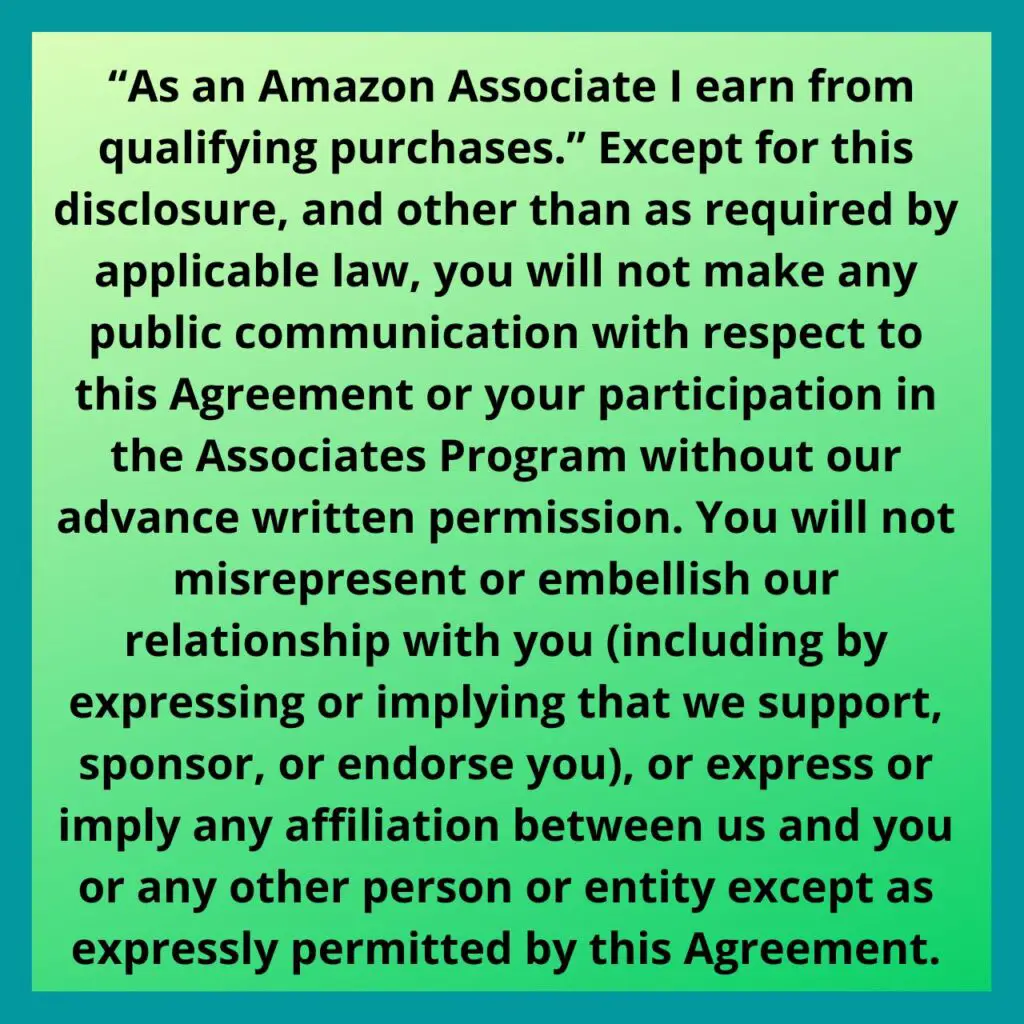How You Can Be Ready for Major Home Repairs
Dealing with a major home repair can be a headache and a huge expense. You have to be financially prepared and ready to safeguard your house and bring in help when needed. Here’s what you can do to give you and your property the necessary protection.
Prep a Budget
It’s impossible to predict what could happen to our homes, but a rainy-day fund can buffer some of the financial shock. To figure out its size, you must budget your income and expenses and calculate the net total. As a start, try to grow savings equivalent to what you might use over three to six months. Of course, household expenses can vary, so track your monthly costs to stay within budget and identify problem areas. While a budget is important, you may not have to make cuts if you can make adjustments. For instance, when shopping, compare prices, either in store or online, and take advantage of discounts, coupons, bulk buying, or even thrift stores. Creating a budget is a process, but it can help you build up savings without affecting your quality of life.
Explore Your Options
Having a rainy-day fund may only be one facet of supporting your household in the event of a major repair. If costs go beyond your expectations, you might have to explore financing through cash out refinancing, home equity, or homeowners insurance. A cash out refinance loan replaces your current mortgage with a higher-balance loan, and the difference between the two is given to you in a lump sum. A home equity loan is essentially a second mortgage, and allows you to borrow funds against the value of your home either as a line of credit or a lump sum. While homeowners insurance may offer financial support, you should make sure that your policy covers your needs, since some insurers may exclude natural disasters and pest infestations. All of these options can be valuable ways to fund home repairs, but if you’re unsure which option is best for you, speak with your financial consultant.
Identify Issues
One way we can avoid costly repairs is by knowing the warning signs of damage. While not all types of disrepair are obvious, you can avoid a lot of hassle by recognizing problems early on. For instance, your roof, depending on its type, may need to be replaced after 12 to 15 years. Roofs deteriorate over time, so look for loose shingles or discoloration on walls and ceilings, which could suggest a leak. Likewise, our homes may suffer foundational disrepair that can also have visible signs, like cracked bricks outdoors or warped flooring inside. By being aware of your property’s condition, you could save yourself money in the long term.
Do Maintenance
Every house needs to be maintained, and thankfully, we can do many tasks ourselves. Some projects, like checking drains and vents for clogs and debris, must be done monthly, while others are annual or seasonal. Dealing with these tasks can seem overwhelming, and life can sometimes get in the way. Simplify things by staying organized with a calendar that you can use to list issues and prioritize maintenance.
Use Contractors
Your best bet when an issue arises is to bring in professional help. They will have the equipment, the experience, and the insurance to prevent problems from escalating or adding to your overall costs. However, take precautions to avoid being scammed by a disreputable contractor. Get referrals from people you know or businesses you trust to find the most reputable companies. Get written contracts, never exchange money before work starts, and research average costs.
Your home is a sanctuary, but you need to stay on top of maintenance to keep it that way. You must also make smart financial choices, keep an eye out for warning signs throughout the home, and invest in reputable contractors. While you can’t usually anticipate sudden repairs, there is a lot you can do to prepare for them and their potential costs.
Image Courtesy of Pexels.com
(This post may contain affiliate links, which means if you click, or make a purchase by clicking on them, I may receive a small commission, at no additional cost to you, that will help me continue to bring you valuable content. To that end, not all of the items on this page are affiliate links, as that is not a requirement to be on this page. Thanks for your support!)
We are a participant in the Amazon Services LLC Associates Program, an affiliate advertising program designed to provide a means for us to earn fees by linking to Amazon.com and affiliated sites.












